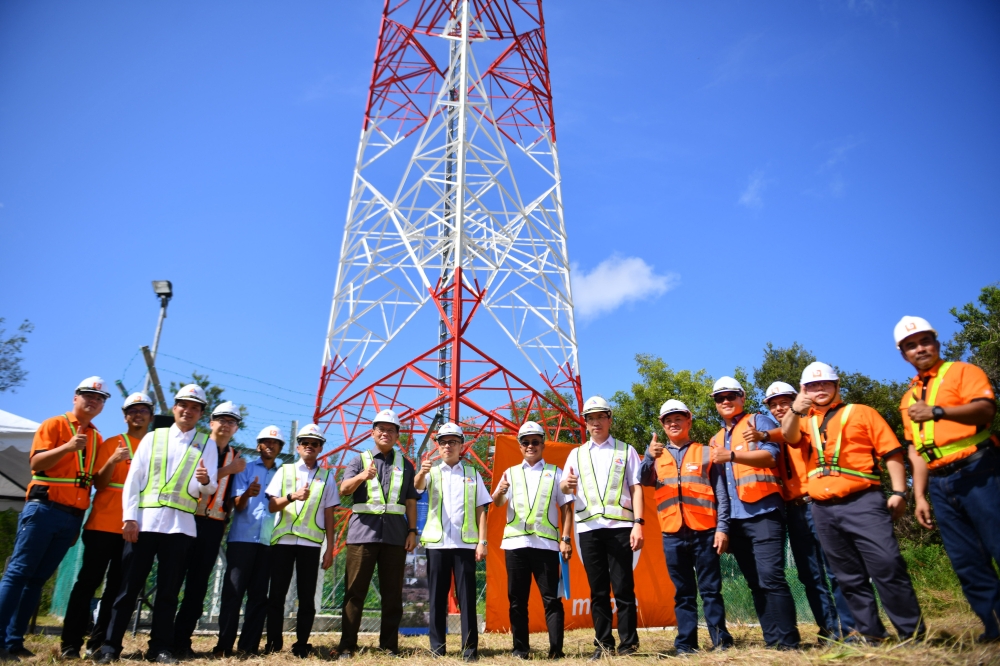PETALING JAYA, July 22 — Before the Covid-19 pandemic, Mae Krier used to pay tribute to her cherished “Rosie the Riveters” by making their iconic red bandanas with white polka dots.
Unable to continue lobbying to give her fellow Rosies the commendation they deserve for their contributions during World War II, the great-great-grandmother now makes Rosie face masks, cut from the same cloth as the symbolic bandanas she used to wear.
“Rosie the Riveter”, clad in a red with white polka dot bandana, was a cultural icon during WWII, which represented the women who worked in factories and shipyards, many of whom produced war supplies and munitions.
Rosies wore the iconic bandanas to protect their hair from getting caught in the industrial machines and get ripped off their scalps.
“When I make these face masks, I make them with a good feeling. If just one of those face masks can save one life. Then I’ve done my job,” Krier told ABC News.
.jpg)
Krier, who resides in Levittown, Pennsylvania, has been making these unique face masks since the Covid-19 quarantine began in March, as she had to withdraw from her active engagements with federal lawmakers to get a National Rosie the Riveter day -- which she has been doing since March 2018.
Krier worked in a Boeing factory from 1943 to 1945, where she helped to build B-17 and B-29 warplanes as a teenage girl.
The 94-year-old told The Washington Post that she started making the face masks a few months ago, just for a couple of close family members, friends and neighbours, to keep her “sharp and occupied” during the lockdown.
However, Krier soon started getting loads of requests for her distinctive masks online when someone posted about her creations onto the Honor Rosie Facebook page.
.jpg)
Krier also said that she felt frustrated with the attitude of some Americans, who refuse to wear face masks and adhere to safety measures.
And she isn’t just doing this to promote her beloved Rosies either, as the grey-haired seamstress added that she hopes to instil the same sense of “duty” and camaraderie that her generation felt during the war.
“We dropped everything -- men, women and children. It was not my job or your job. It was our job. We’re fighting a different kind of war -- a terrible virus. Where is the “We Can Do It’ spirit?” said Krier.
Krier has been an active advocate for the Rosies as she has been lobbying with federal lawmakers since 2018 to get a National Rosie the Riveter day, to honor their contributions they made to the war effort.
She said that while she has made some progress in the past two years, the bill proposed still lacks support from the US Senate.
“We’re working really hard to get the Congressional Gold Medal. The House has passed it but we’re having a hard time with the Senate.”
“When the war was over, men came home with flags and Rosie came home with a red slip. We never got any credit or recognition. I didn’t think that was fair,” Krier told The Washington Post.
In the meantime, Krier said that she will keep going in her pursuit to honour the Rosies and added that she is confident her countrymen will band together during this difficult time.



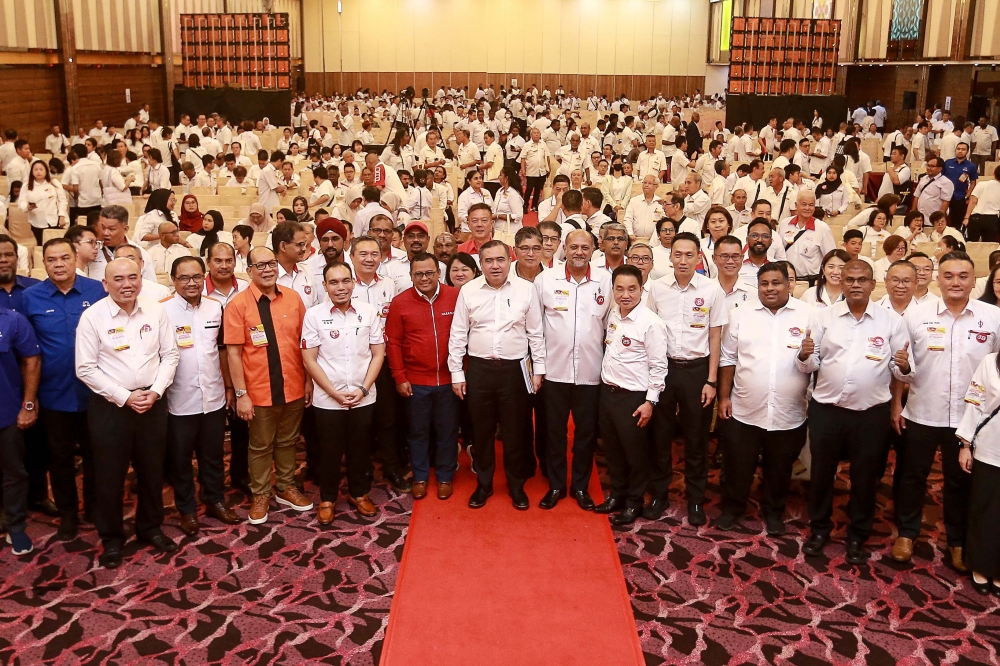



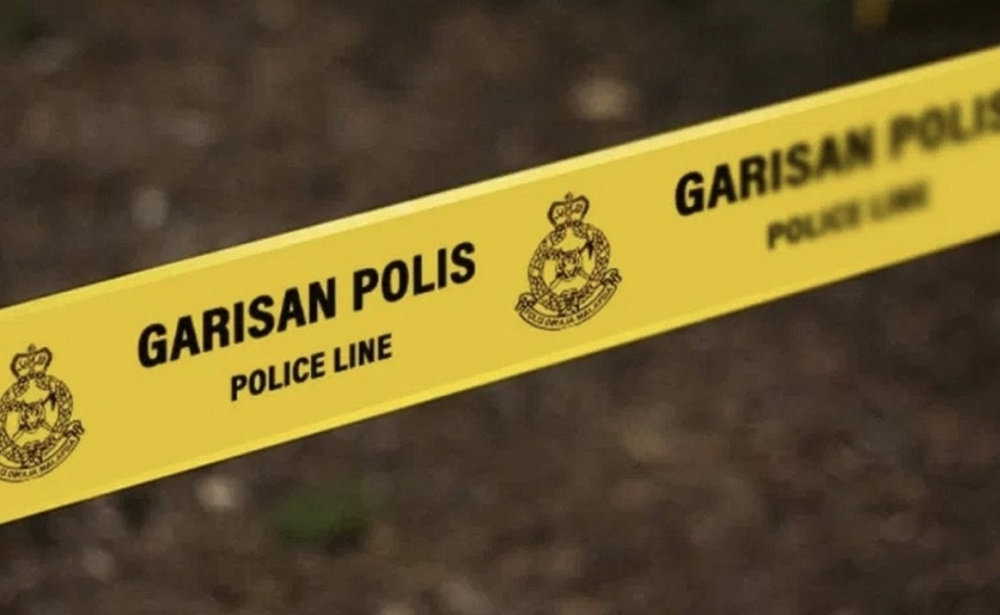
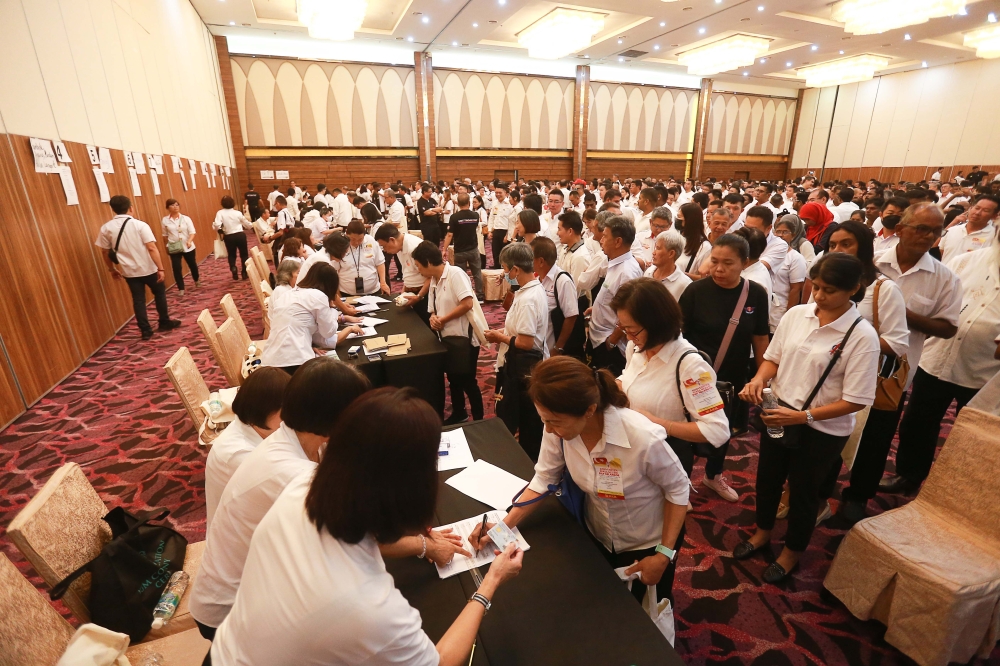



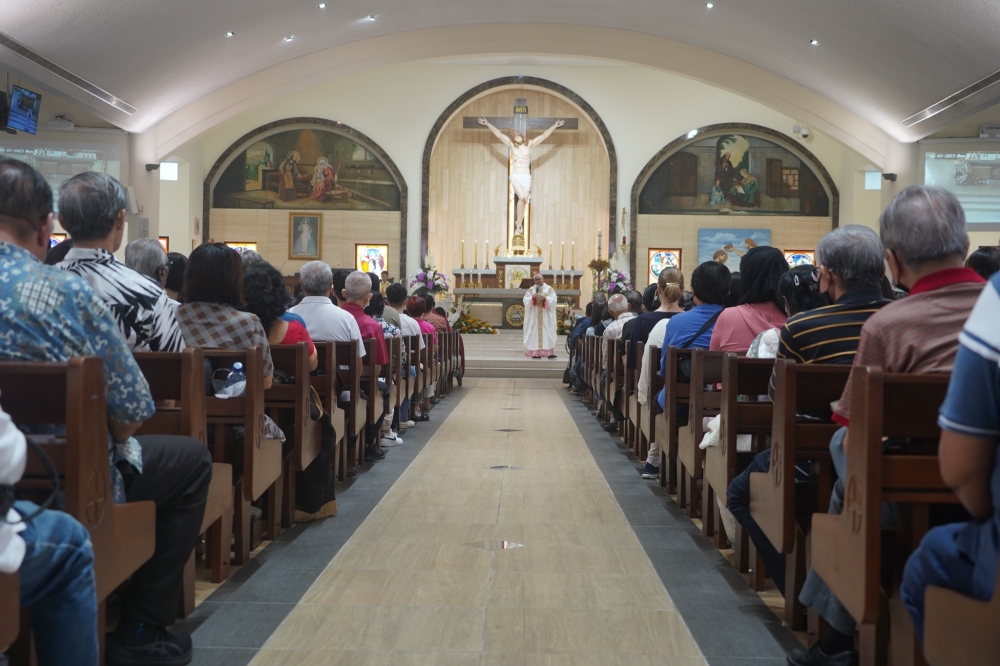



.png)




